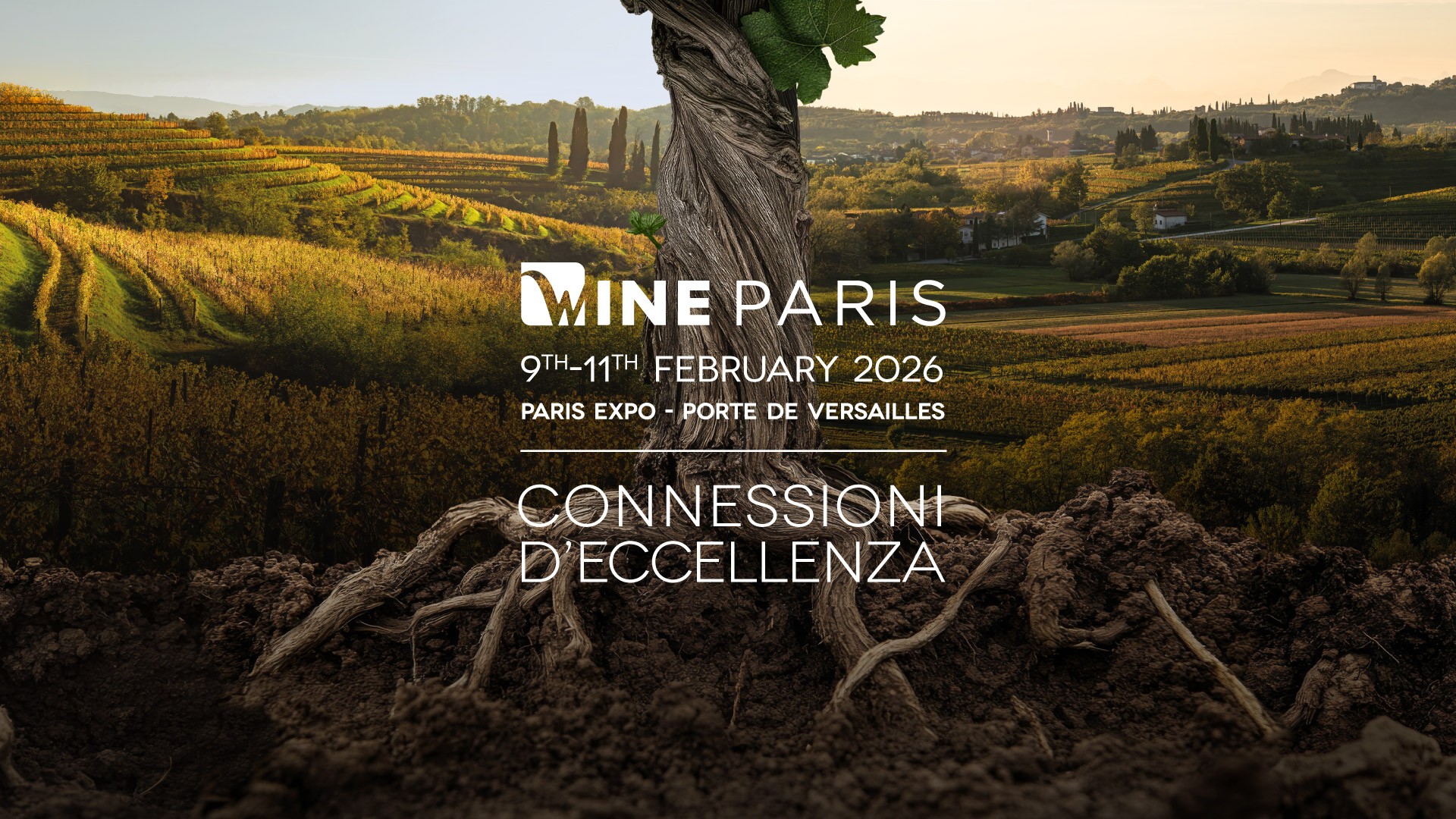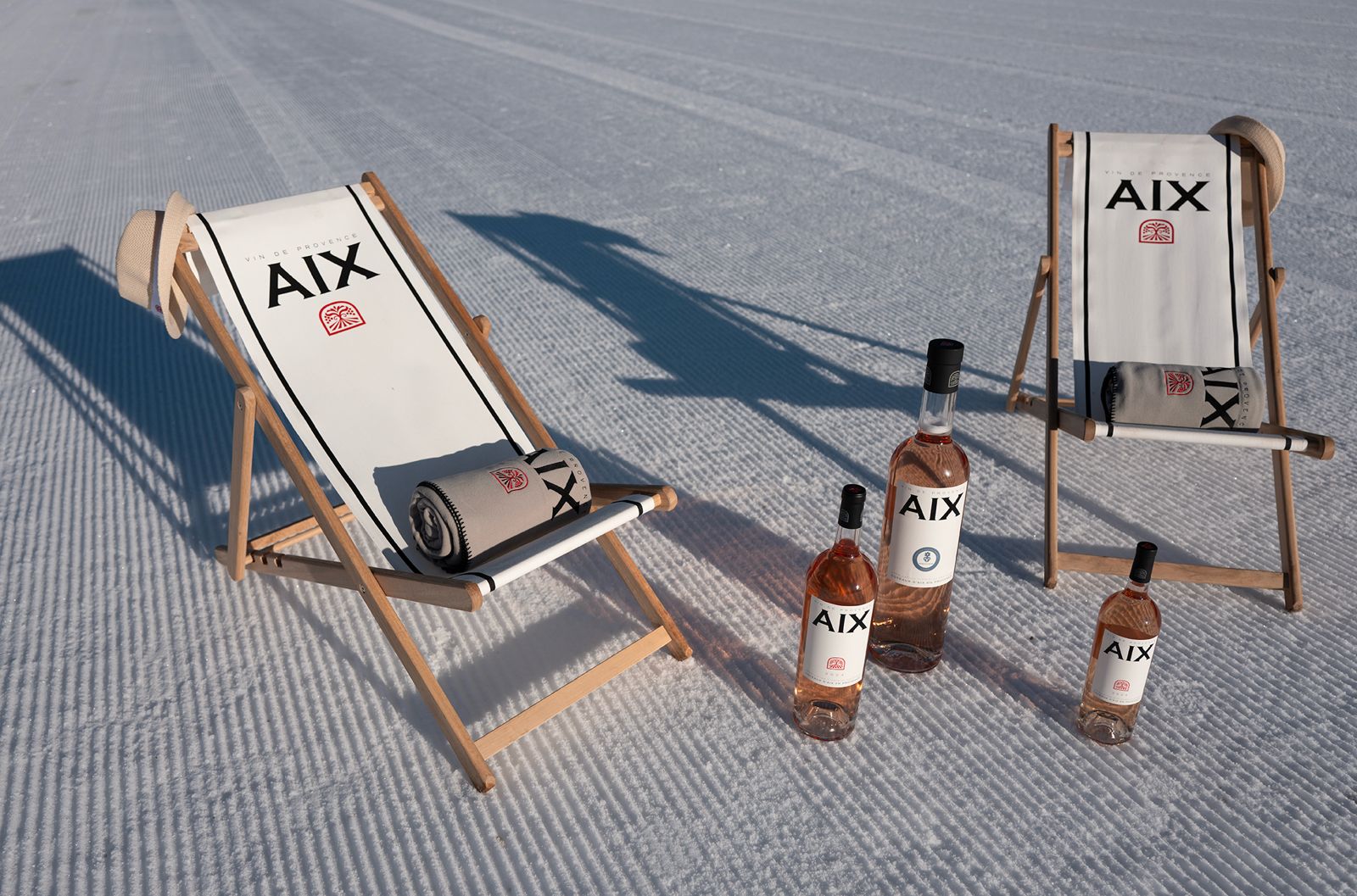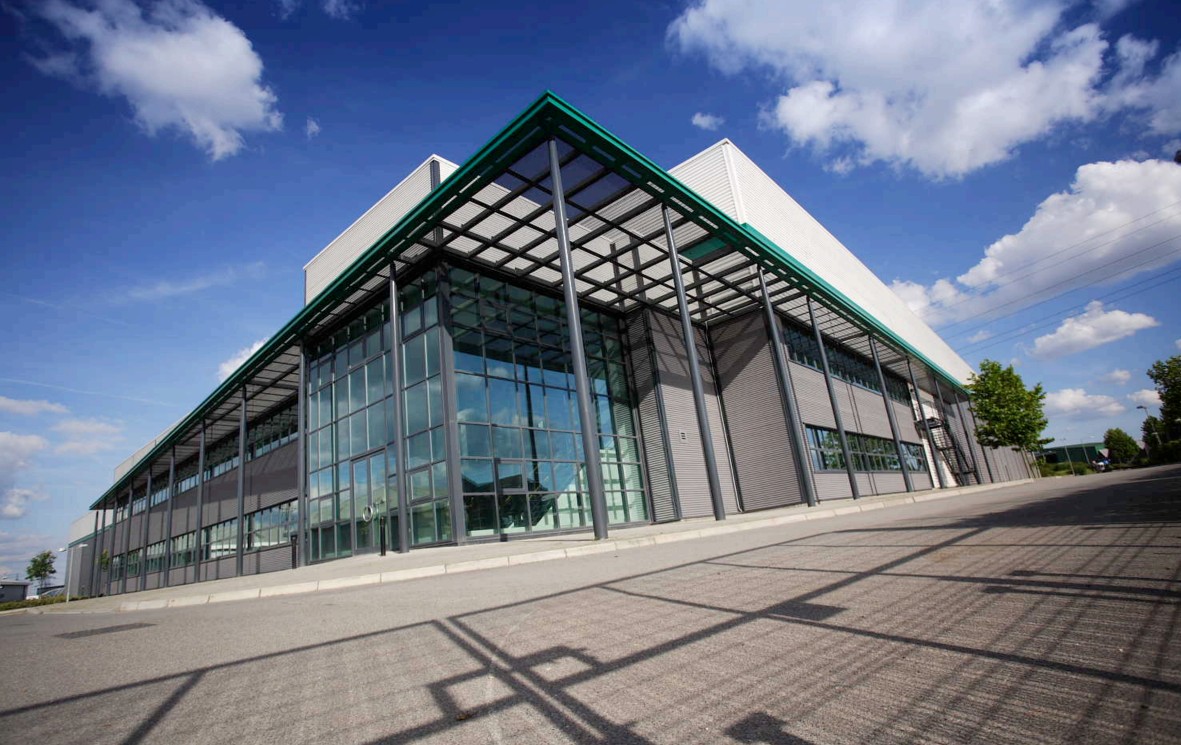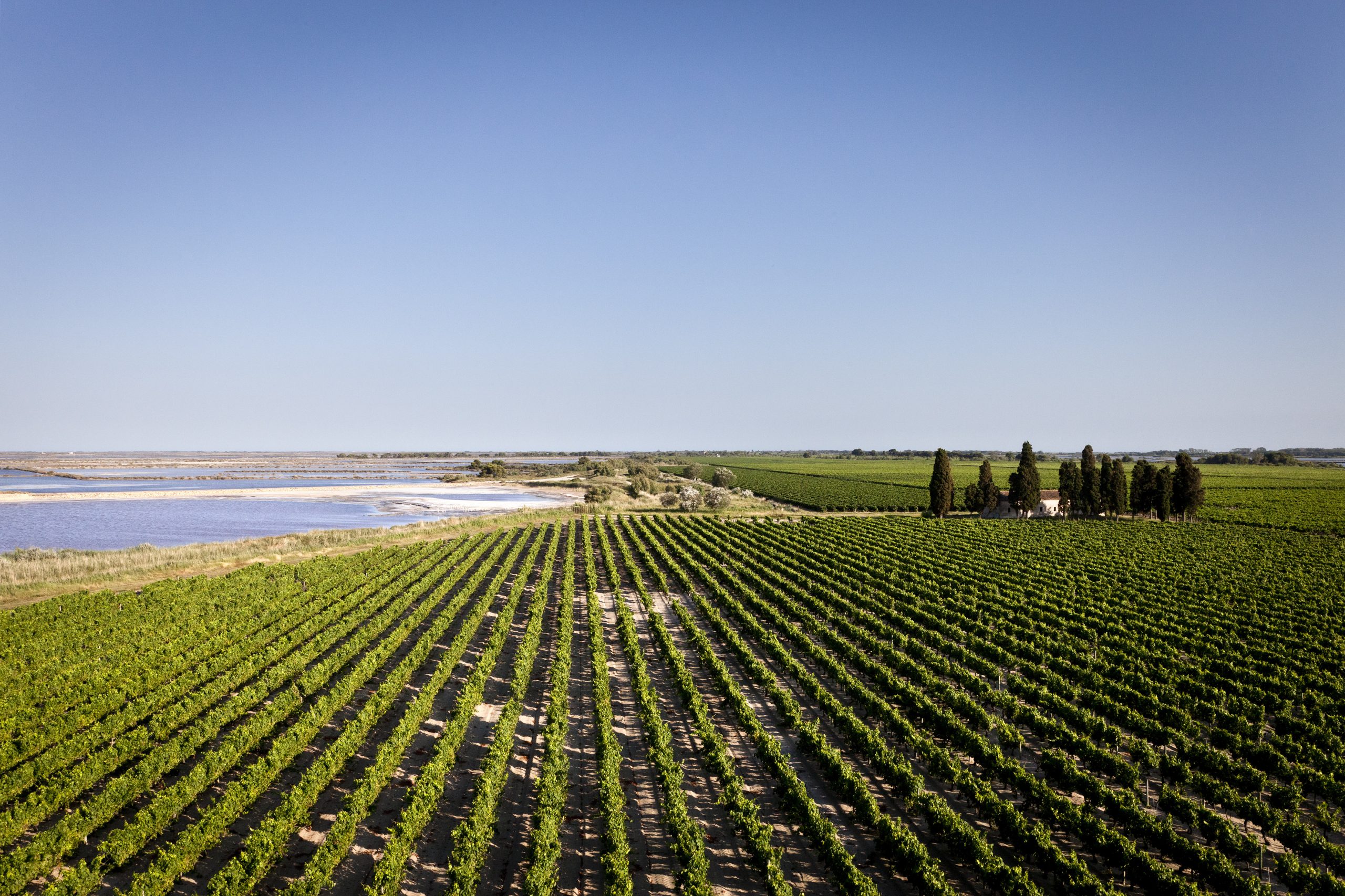Private Passions: Ready Steady Cook
Paul Beavis is the managing director for the UK and export at Champagne Lanson, after taking the helm back in 2009. Having started out as a professional golfer, he moved into hospitality with a three-year career as a chef. The skills he learnt, as well as an appreciation for food and the art of cookery, have remained with him, even after entering the world of wine.
When and why did you become a chef?
I initially wanted to be a professional golfer but the truth is I just wasn’t good enough. I came back from South Africa and fell into catering and management school. I was very young (only sixteen) and I wasn’t sure what I really wanted to do.
My father had to help me get in through his connections – he was the chief engineer on the Queen Mary. I knew I didn’t want to do that and being a chef sounded a lot more fun and engaging – little did I know!
Where did you train initially and in which restaurants did you work?
I started my training at the Southampton School of Hotel Management and Catering. As part of my course, I got a job at a famous restaurant in the area called Geddes where Jean-Christophe Novelli was working at the time. There, I later got given the responsibility to run the wine cellar and that was my first proper introduction to wine – it was amazing.
Did you have any favourite mentors during your chef career?
I certainly admired Novelli and what he’d done and had been able to achieve – during my time as a chef he was awarded his first Michelin Star for Gordleton Mill in the New Forest. However, my mentors were probably my teachers at the college, in particular the head chef called Mark who was just brutal.
Did you enjoy your time as a chef?
I put it down as being as close to being in the army as possible without actually joining the services. The work ethic I developed while studying and working stayed with me, along with the meticulous attention to detail. The ethic and commitment involved in working in a kitchen is outstanding, you’re under a massive amount of pressure, though of course you’re not being shot at!
Were you working long hours?
Yes I did. I was actually attending night school too and studying management and marketing as well as for my wine exams. It was very intense and from the ages of 16 to 18 I really didn’t have much of a life. That said, these were all extra things that I wanted to do and I did it off my own back.
What was the most important lesson that you learn while working as a chef?
Probably the work ethic and discipline, you simply couldn’t afford to let anyone down. That really stuck with me.
What position did you reach at the end of your stint in the kitchen?
I became a qualified chef and at the age of 18 or 19 decided that I wanted to pursue a career in wine instead. Back in the day I worked for Bottoms Up, a somewhat edgy wine warehouse which can probably be described as the precursor to Majestic. I remember we were the first to bring in Cloudy Bay, which we sold for £6 – it was a great coup.
What was your favourite ingredient to work with?
It would be samphire. Not everyone likes it and it requires little cooking – it’s not hard to learn how to cook it properly. But I believe it really gives something special to dishes.
I maintain that one of the hardest things to do is to make good scrambled and poached eggs. With the latter, there remains a constant debate as to how to cook the perfect egg – do you add vinegar, should you swirl the water etc.
Partner Content
What was your best moment in the kitchen?
Making a soufflé that actually worked! I suppose I have lots of mini magic moments in the kitchen – that time when you’re ahead of the game and you’ve got the timing of all your components just right. It’s a complex balancing act.
Why did you decide to hang up your apron?
I guess I just fell in love with the wine side, I thought it would be easier. I certainly didn’t anticipate the raft of knowledge you require to succeed in the industry. I never worked in a Michelin-starred kitchen and the truth is I just don’t think I would have lasted.
Seeing the excitement generated by the restaurant industry today, however, I think it would be harder to give up if I was doing it now. That said, it’s incredibly hard for businesses today. When I was in the business it was a lot more sustainable and not as many people were doing it. Since then we’ve seen a real segmenting of the audience and a change in people’s eating habits with the concepts of grazing as well as vegetarianism and veganism coming in. When I was working in restaurants it was all classically French.
Do you do the cooking at home?
When I can – I travel a lot and home is either here or in France. Every year I host a curry and Champagne night. Cooking a curry is an art and I normally serve around eight to 10 Champagnes blind. It’s an unusual food pairing which I believe goes surprisingly well.
If you had one kitchen gadget, what would it be?
A sharp knife. With a sharp knife you can do anything: chop, slice, fillet fish etc. You only have to cut yourself a couple of times with blunt knife to understand why you should always have a sharp one. I still have my trusty set of Sabatier knives and they’re still as good as ever.
Has your time in the kitchen helped with your food and wine matching ability?
For me, it’s certainly helped. But everybody is different and I think sometimes people are just being polite when I suggest something works. That’s why I think having a flight option is so successful – different wines work for different people.
How has your time in the kitchen influenced your subsequent career?
I definitely appreciate how hard it is for restaurants to make everything work in harmony – both the food and the wine. It’s important to learn the ropes first. My son is a keen cook but does tend to leave a trail of devastation behind him in the kitchen. We would never have got away with that, we had to clean up as we went, everything had to be immaculate.
The planning, preparation and respect that you learn in the kitchen is amazing. Chefs really do put in the hours – I remember my back aching, feeling exhausted and drained but knowing that I had to keep going so that I didn’t let anyone down.
The skills you learn between the ages of 16 to 21, the things you pick up then, really do influence your later life.
What is your favourite Champagne Lanson and food match?
It would have to be fish – my favourite is probably halibut. I’d pair it with Lanson Blanc de Blancs Extra Age. The fish would be simply grilled and almost slightly undercooked. I don’t want anything too clever or a fancy sauce. One of the greatest skills is doing the simple things well.




